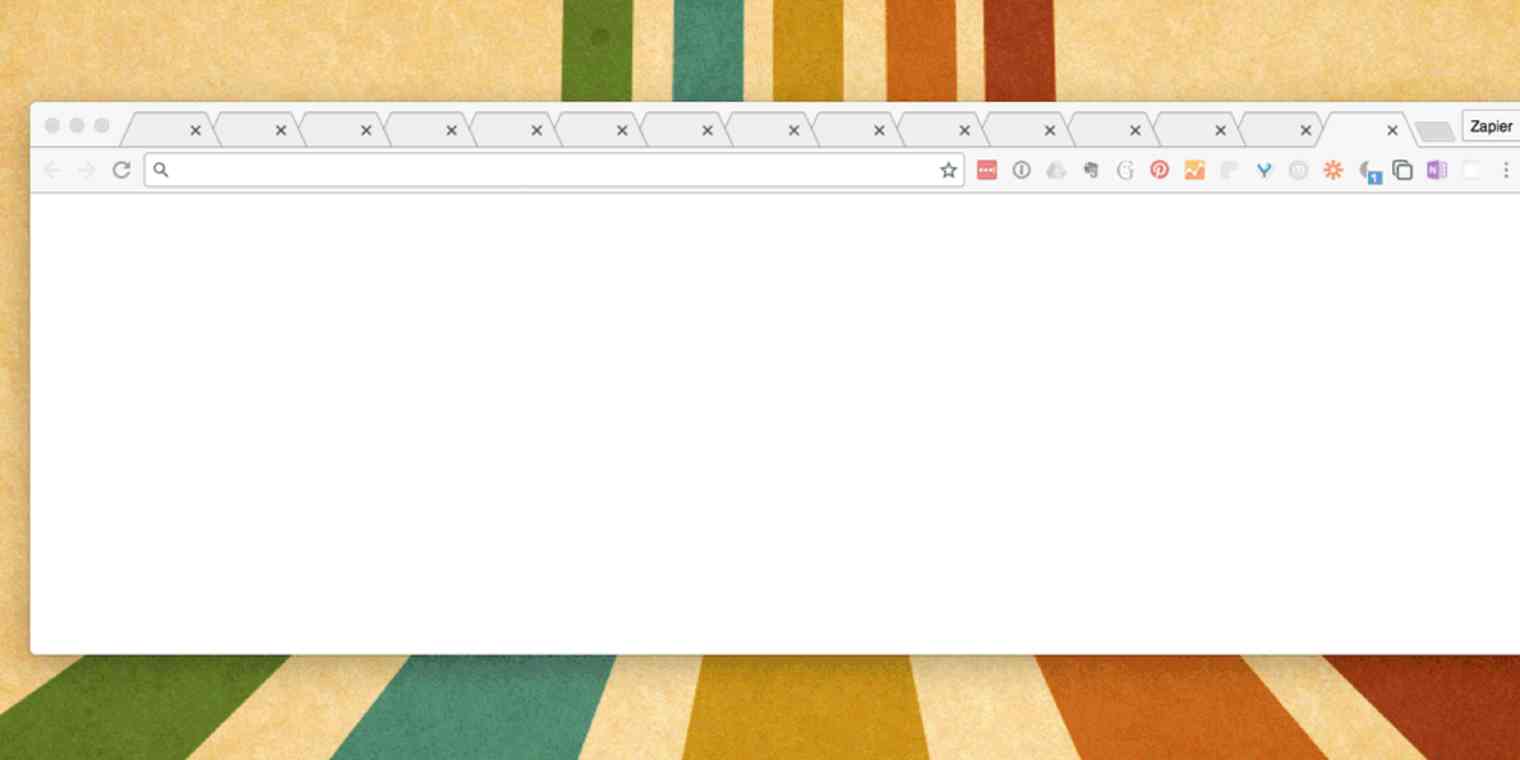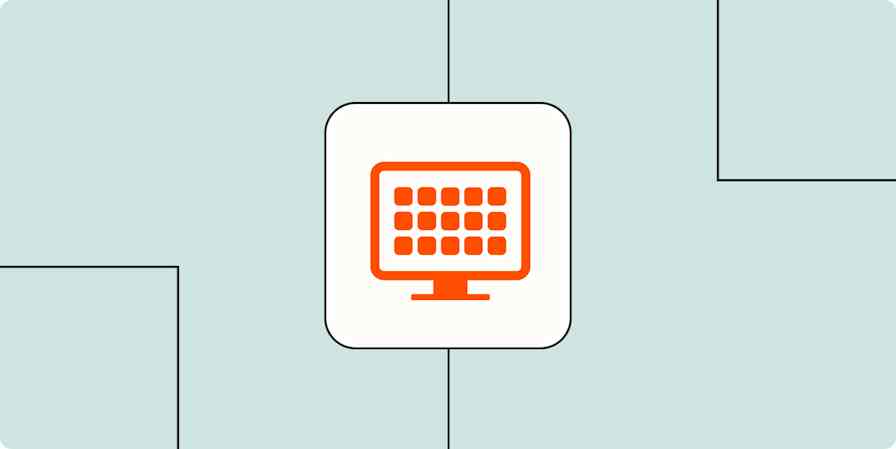App tips
9 min readTop 10 Tips and Tools for Managing Too Many Browser Tabs
By Melanie Pinola · November 8, 2016

Get productivity tips delivered straight to your inbox
We’ll email you 1-3 times per week—and never share your information.
Related articles
Improve your productivity automatically. Use Zapier to get your apps working together.






